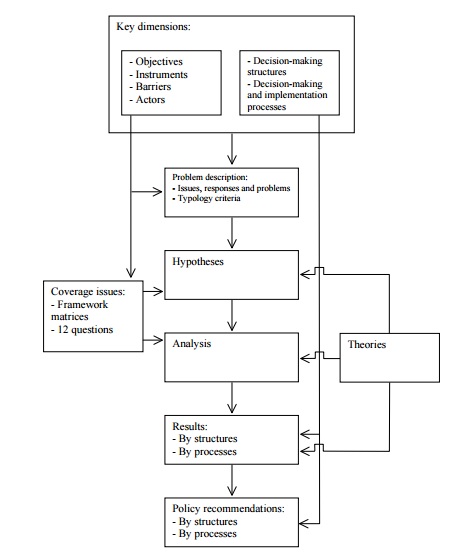Project TIPP has investigated institutional issues of transport policy implementation. The TIPP approach to investigate institutional issues was largely based on effective design and carrying out a wide range of case studies covering different situations in different parts of Europe. These case studies were as many as 20. The TIPP project was thus designed to analyse, through these case studies, how different institutional arrangements, systems and settings as well as interactions between different actors, organizations and institutions affect the implementation of transport policies. The main objectives of the project have been:
- To provide a comprehensive picture of institutional framework conditions for implementing transport policies throughout Europe,
- To develop an approach for studying the range of institutional implementation issues covered,
- To derive results regarding the implications and impacts of different organisational and regulatory constraints and settings,
- To develop concrete policy conclusions.

TIPP has been a first project of its kind and therefore had to enter unknown territory in many respects. Naturally, to carry out genuine analysis many methodological alternatives exist and some choices had to be made. This Final Report describes what kinds of decisions the project made and what are the outcomes from these choices guiding the whole TIPP work, both in terms of the scientific contributions and the final policy recommendations. The main aim is to provide an overall synthesis of the TIPP work that would show the results obtained as clearly as possible while at the same time making transparent the way they are arrived at and also critically assessing the validity of the analyses and results.
